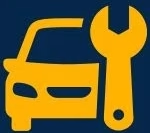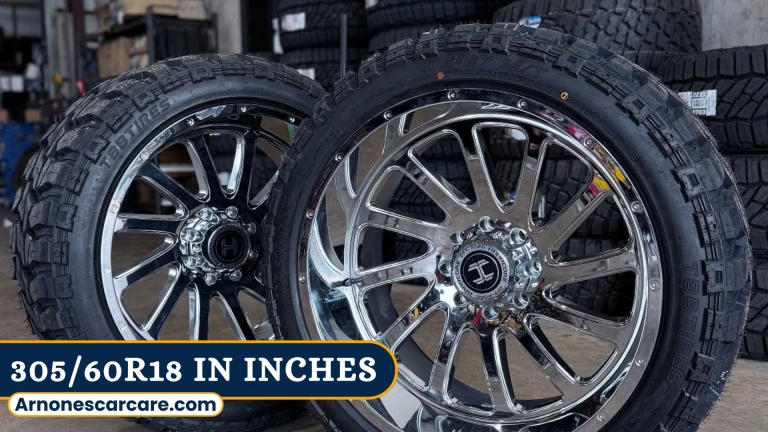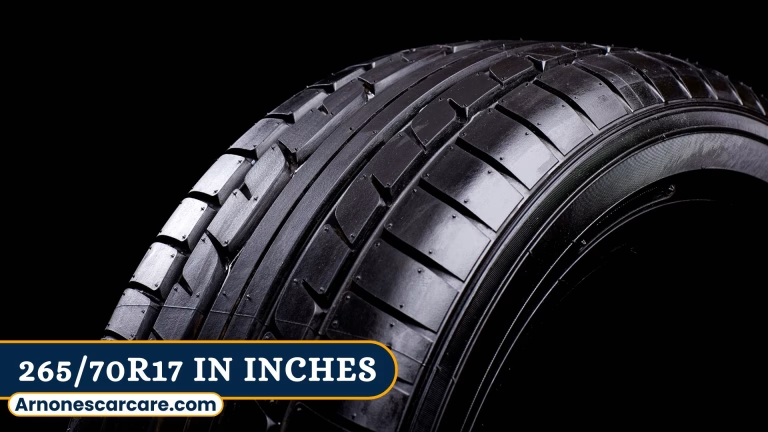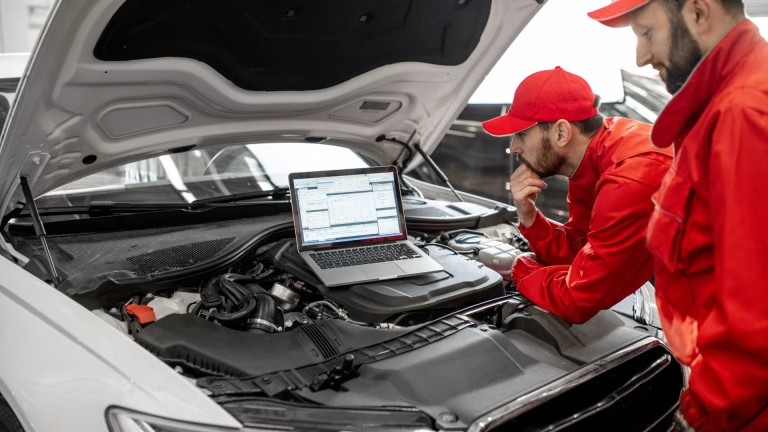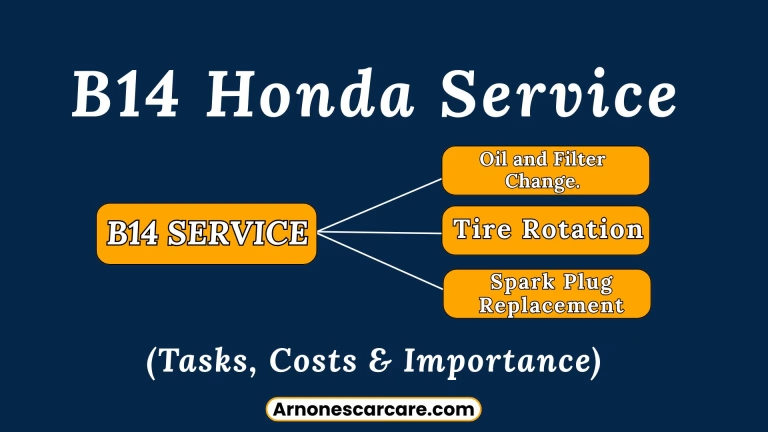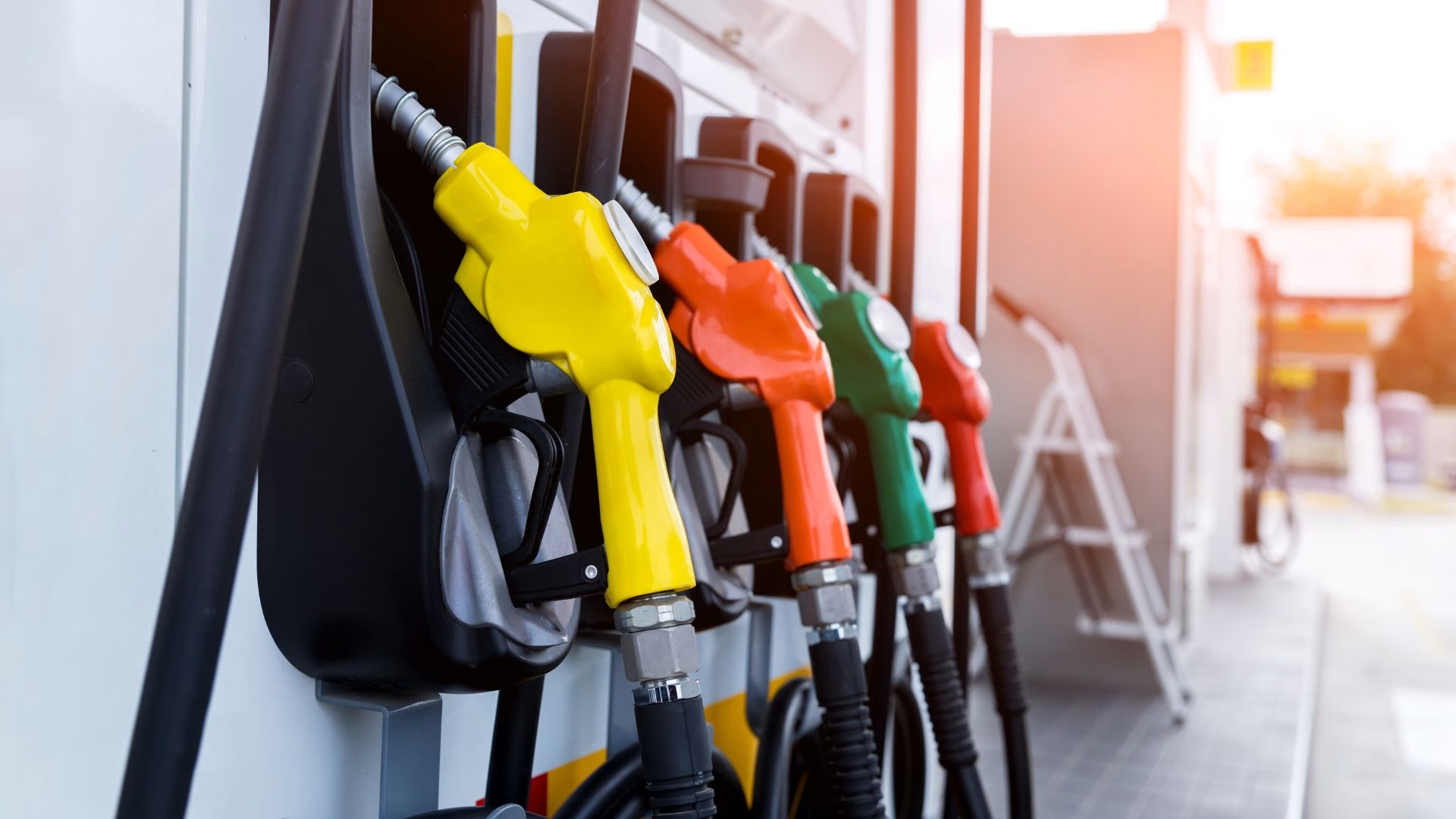
When we talk about poor fuel quality, we’re referring to gasoline or diesel that contains impurities like water, dirt, sulfur, or degraded additives. These contaminants reduce the fuel’s efficiency and can lead to engine damage.
Over the years at Arnone’s Car Care, I’ve seen countless examples of how bad fuel affects vehicle performance—from clogged filters to severe engine knock. The good news? With proper knowledge and maintenance, you can avoid costly repairs and keep your car running smoothly. Here’s everything you need to know.
My Experience with Poor Fuel Quality
Not long ago, a regular customer came in driving their well-maintained vehicle, frustrated by rough idling and a noticeable drop in fuel efficiency. They’d recently refueled at a no-name gas station during a road trip because it was the cheapest option available. After running diagnostics, we found residue in their fuel injectors, a clogged fuel filter, and subtle internal wear indicative of water contamination in the gasoline. This wasn’t surprising, as I’ve seen similar issues many times before.
Contaminants in poor-quality fuel, such as dirt, water, and sulfur, can wreak havoc on engine components. That’s why I always advise customers to prioritize quality over price when choosing gas. Cheap gas might save a few bucks upfront but could cost hundreds down the line.
What Happens Inside Your Engine?
Here’s what poor fuel quality does to your engine in technical terms. Contaminated fuel often leads to incomplete combustion, which keeps your car from delivering the power it’s supposed to. Water and other impurities can corrode fuel system components like pumps and injectors, and sediment can clog the fuel filter. Poor combustion can also create deposits in critical areas like intake valves and pistons, requiring additional maintenance.
For reference, fuel injectors can become so clogged that their spray pattern fails, leading to misfires. On average, replacing an injector costs anywhere from $300 to $1,000 per unit, not counting the downtime your car will experience while waiting for repairs. Issues like these can also contribute to more severe problems, including engine knocking sounds, which I’m often called upon to resolve.
Common Symptoms of Bad Fuel
If you’re not sure whether your car is running on bad fuel, here are some red flags you should look out for:
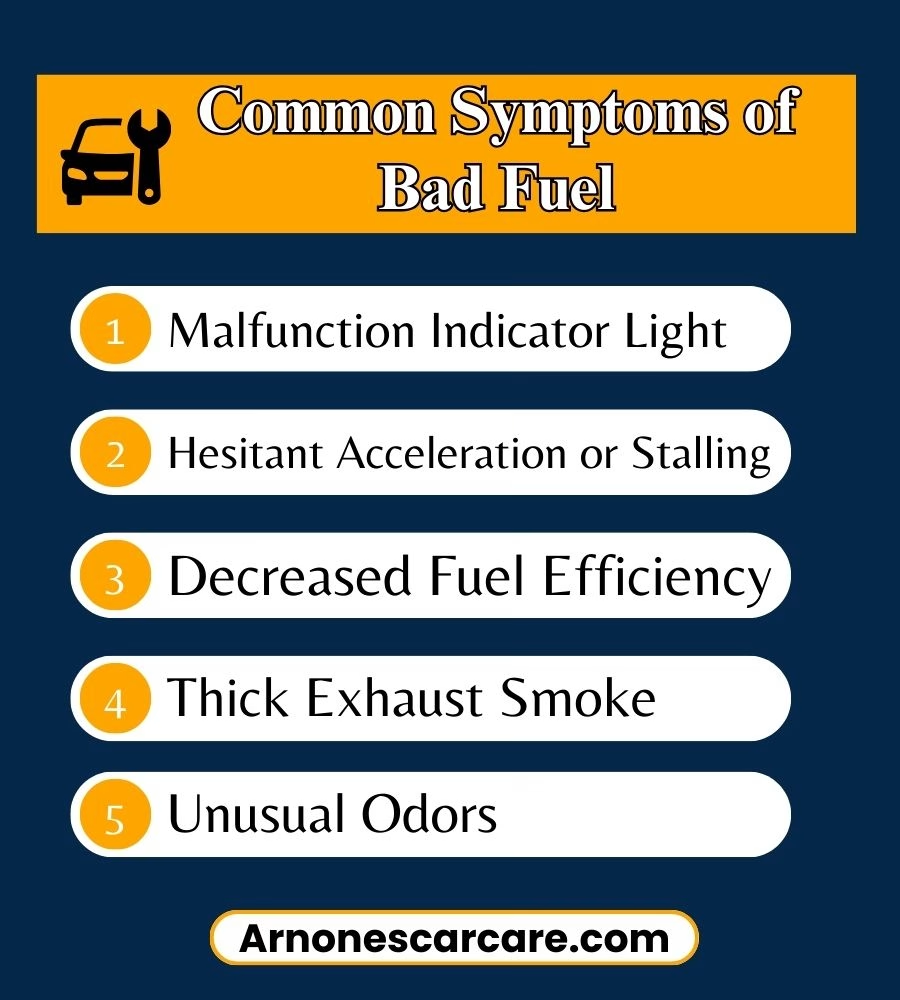
- Malfunction Indicator Light: A glowing “check engine” light often signals incomplete combustion or residue buildup in the engine.
- Hesitant Acceleration or Stalling: Vehicles running on low-quality fuel might struggle to accelerate smoothly or shut off unexpectedly.
- Decreased Fuel Efficiency: If you’re gassing up more often than usual, bad fuel might be the culprit.
- Thick Exhaust Smoke: Contaminated gasoline burns unevenly, sometimes creating dark, visible exhaust fumes.
- Unusual Odors: A rotten egg smell is a classic symptom of sulfur contamination in the fuel.
Numbers back up these observations too. Studies like the one cited in a Motor1 analysis reveal that poor-quality fuel leads to a buildup of residues on key engine components, accelerating wear and reducing performance by up to 19 times compared to “Top Tier” gasoline. Issues caused by poor-quality fuel can also result in long-term damage, leading to severe problems like engine detonation.
Why Fuel Quality Matters?
One of the biggest misconceptions I’ve heard from customers, and even on forums like Reddit, is that “all gas is the same.” That couldn’t be further from the truth. Gasoline must meet minimum EPA standards, but premium-grade fuels, especially those classified as “Top Tier,” go beyond the basics by including higher levels of detergent additives that help mitigate the formation of deposits.
To test the difference, an independent study found that Top Tier fuels left significantly cleaner combustion chambers, reducing long-term engine degradation. If your engine is like the heart of your car, then bad fuel is like a poor diet that slowly clogs the arteries.
Pro Tips for Protecting Your Engine
Based on personal observations and industry data, here’s what you can do to avoid problems stemming from low-quality fuel:
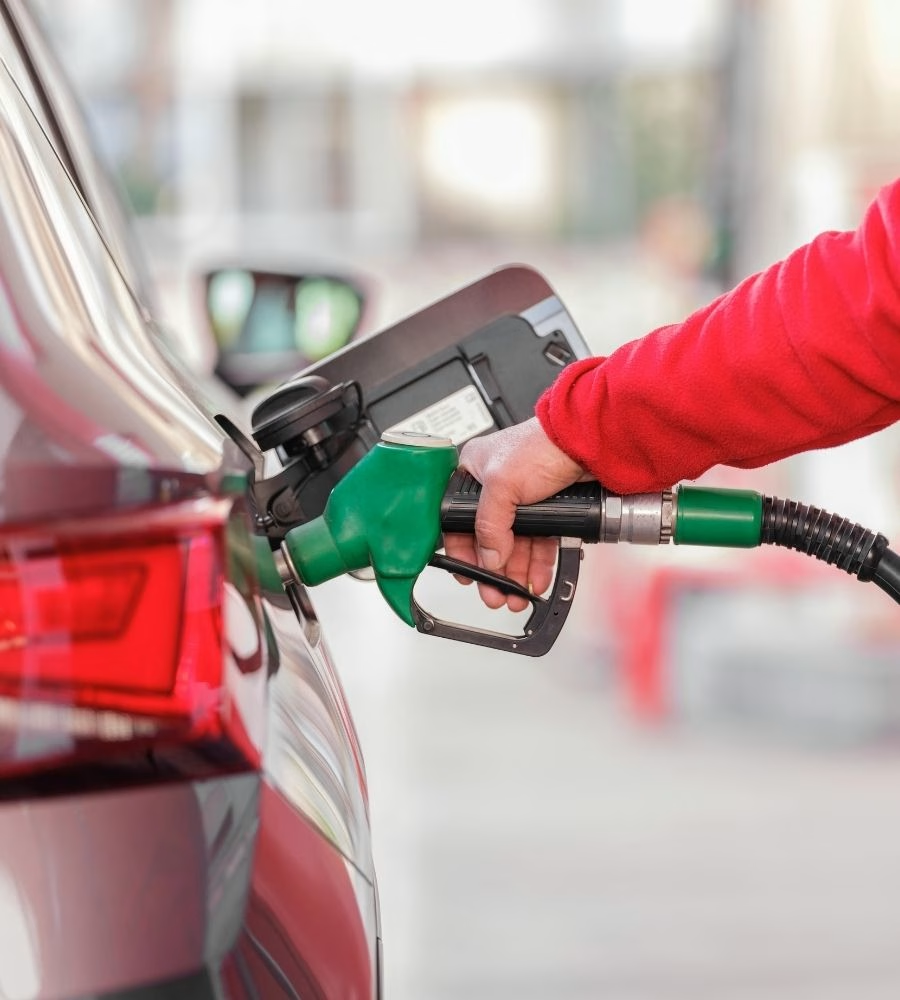
- Use Trusted Gas Stations: Refuel at branded stations with strict fuel quality controls. Shell, Chevron, and Mobil are examples of fuel retailers that provide Top Tier gas.
- Don’t Chase the Cheapest Option: Cheap gas is often cheap for a reason. The $0.10 per gallon you save isn’t worth the wear and tear it may cause over time.
- Regular Maintenance: Schedule tune-ups to keep your engine clean. Technicians like me can catch clogged filters, injector problems, or early corrosion before they turn into major repairs. Left unchecked, contaminated fuel can result in oil leaks and other issues that require extensive repairs, like engine oil leakage.
- Fuel Additives: Consider using high-quality fuel additives, like those from companies such as Fuel Ox or Venture Fuels, to reduce water content, prevent rust, and break down deposits. I’ve seen cars run noticeably smoother after customers used these products.
- Store Fuel Properly: If you store gasoline, make sure the container is sealed, in a cool place, and routinely checked for water or microbial contamination.
A Closing Thought
At Arnone’s Car Care, we believe in educating our customers because an informed driver is less likely to face preventable issues. Low-quality fuel isn’t just an inconvenience; it’s a threat to your car’s performance, your wallet, and the environment. Whether you’re dealing with fuel system corrosion or trying to interpret “bad fuel quality symptoms,” it’s always a relief when problems can be solved by choosing better gas stations or fuel formulas.
The next time you’re about to fuel up and see the cheapest pump in town, ask yourself, “Is it worth the risk?” Your engine deserves the best, and trust me, the investment in quality fuel pays off with every mile. If you’re not sure what’s best for your car, stop by my shop. I’ve been helping drivers in Kansas City for decades, and I’d be happy to set you on the right path.
Get Your Vehicle Checked by the Experts
If something doesn’t feel right with your car, don’t ignore it! Reach out to the trusted professionals at Arnone’s Car Care in Kansas City. Our experienced mechanics specialize in thorough diagnostics and high-quality engine repairs. Call us today at (816) 471-8560 to schedule your appointment. With our honest, reliable service, you can count on us to ensure your vehicle stays safe and performs at its best.
